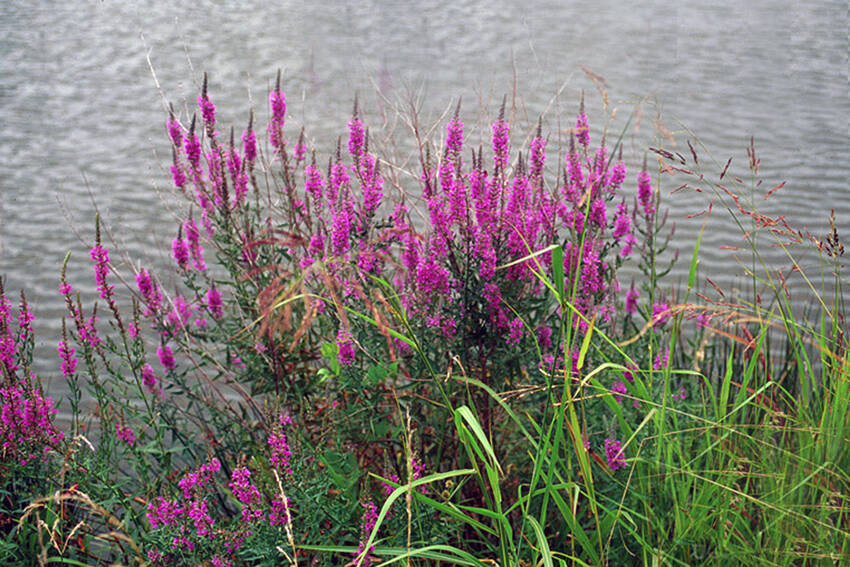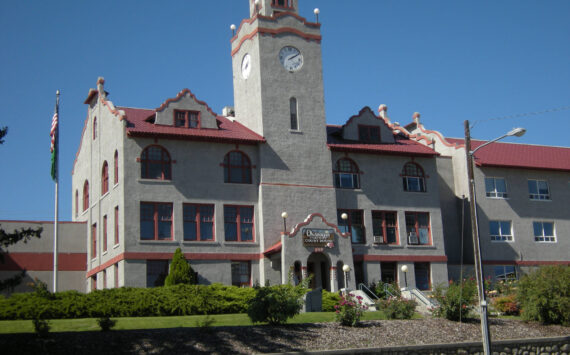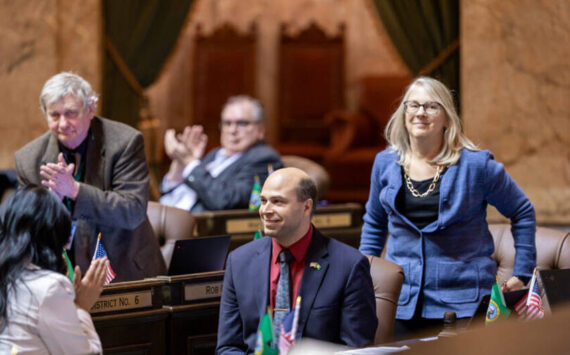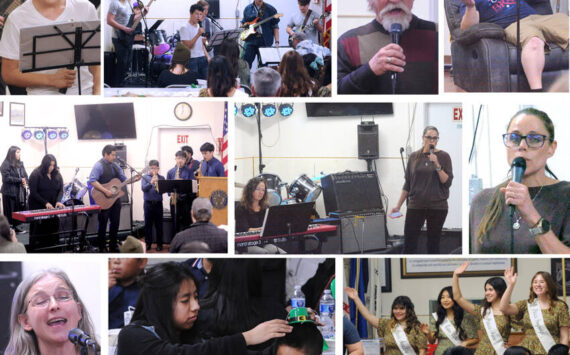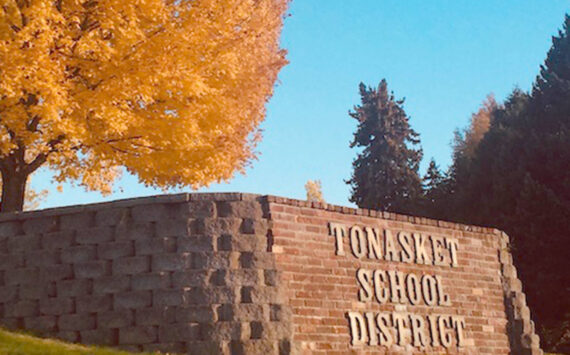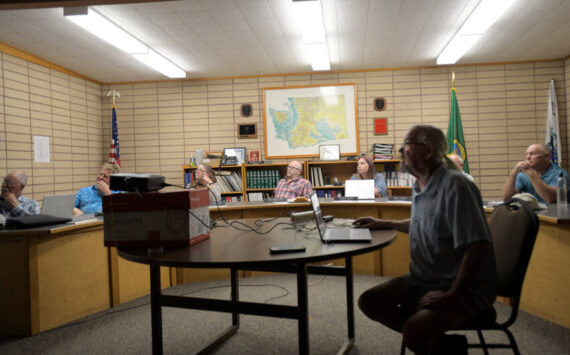OLYMPIA – Gov. Bob Ferguson, in partnership with the Washington Invasive Species Council, has proclaimed Feb. 24-28 as Washington Invasive Species Awareness Week in solidarity with National Invasive Species Awareness Week.
“Invasive species and noxious weeds already are a big problem in Washington and species that have yet to reach our state could pose even greater challenges in the future,” Ferguson said. “If we want to protect our economy and environment, we all need to do our part to prevent the spread of invasive species. Everyone has a role to play.”
Whether on land or in water, some human-introduced non-native species such as fish, insects, plants, other wildlife and even diseases can damage agriculture, recreation, forests and other resources. Invasive species are a global problem that has cost the United States more than $1.2 trillion in the past 50 years. A 2017 state study estimated that some species not yet in Washington, such as invasive freshwater mussels, would cost more than $100 million annually in damage and loss if they establish in the state.
“There is a lot at stake in Washington,” said Stephanie Helms, executive coordinator of the Washington Invasive Species Council. “Invasive species threaten the survival of endangered species such as salmon and orca. Some pose a risk to agriculture, trade and food supplies, and some can exacerbate fire impacts or even take away recreational opportunities.”
The awareness week includes a series of webinars and events aimed at sharing information on priority invasive species, risks to the economy and environment and ways to become part of the solution. Visit the Invasive Species Awareness Week web page for more information.
“The role of the public can’t be overstated,” Helms said. “There are a lot of cases where the public discovered a new problem species. We need all residents paying attention to unusual plants and animals new to their communities, to protect the resources everyone values so much.”
The Washington Invasive Species Council has a mobile app, WA Invasives, and InvasiveSpecies.wa.gov website to help with reporting and response. Beyond awareness and reporting, below are simple actions people can take to protect land and waterways from invasive species.
• Clean hiking boots, bikes, waders, boats, trailers, off-road vehicles and other gear before venturing outdoors to stop invasive species from hitching a ride to a new location. Learn about pathways that spread invasive species.
• Watch for noxious weeds. Visit the Washington State Noxious Weed Control Board’s website to learn about noxious weeds and report sightings to the county noxious weed control board.
• Rehome unwanted pets. Dispose aquarium plants and water, science kits and live bait properly and NOT by dumping them into waterways or other natural areas. Released pets often suffer a slow death in winter or may become invasive and damage wildlife and crops. Visit the council’s Don’t Let It Loose web page to learn how to dispose of unwanted pets and plants.
- Download the WA Invasives mobile app to be ready to report sightings of invasive species. Learn about the top priorities.
- Buy firewood where it will be burned or gather it on site when permitted. Remember not to move firewood from the local area where it was harvested because it may contain hitchhiking invasive insects or their eggs. Learn more about the potential dangers of moving firewood.
- Protect salmon and steelhead by not moving any fish from one waterbody into another. This will prevent the spread of fish diseases and protect salmon and steelhead from non-native predatory fish. Visit the Washington Department of Fish and Wildlife’s website to learn more about moving fish.
- Use weed-free, certified forage, hay or mulch. Visit the Washington Department of Agriculture website to see details of its certification program.
- Plant only non-invasive plants in the garden and remove any known invasive plants.
- Become a Washington State University Master Gardener and help the community identify, report and properly manage exotic and invasive pests.
- Volunteer to help remove invasive species from public lands and natural areas. Contact the state, county or city parks and recreation department, land trust, conservation district, or Washington State University’s Extension Office to learn more.
- Don’t pack a pest. When traveling internationally, review travel guidelines on items that should not be brought back to the United States. Learn more about Don’t Pack a Pest.
- Shellfish are at risk from infectious diseases and invasive species. Never move shells or shellfish without a permit from the Washington Department of Fish and Wildlife.
“Washington is a special place because of its clean water and bountiful land, abundant natural resources, diverse agricultural commodities, booming domestic and international trade and ample opportunities to recreate on the land and water,” Helms said. “Invasive species don’t respect jurisdictional boundaries and can drastically change what it means to live, play and work as Washingtonians. Please take a few minutes to learn about this important topic and integrate simple preventative actions into your daily activities. By working together, we can help prevent and stop this shared problem.”
